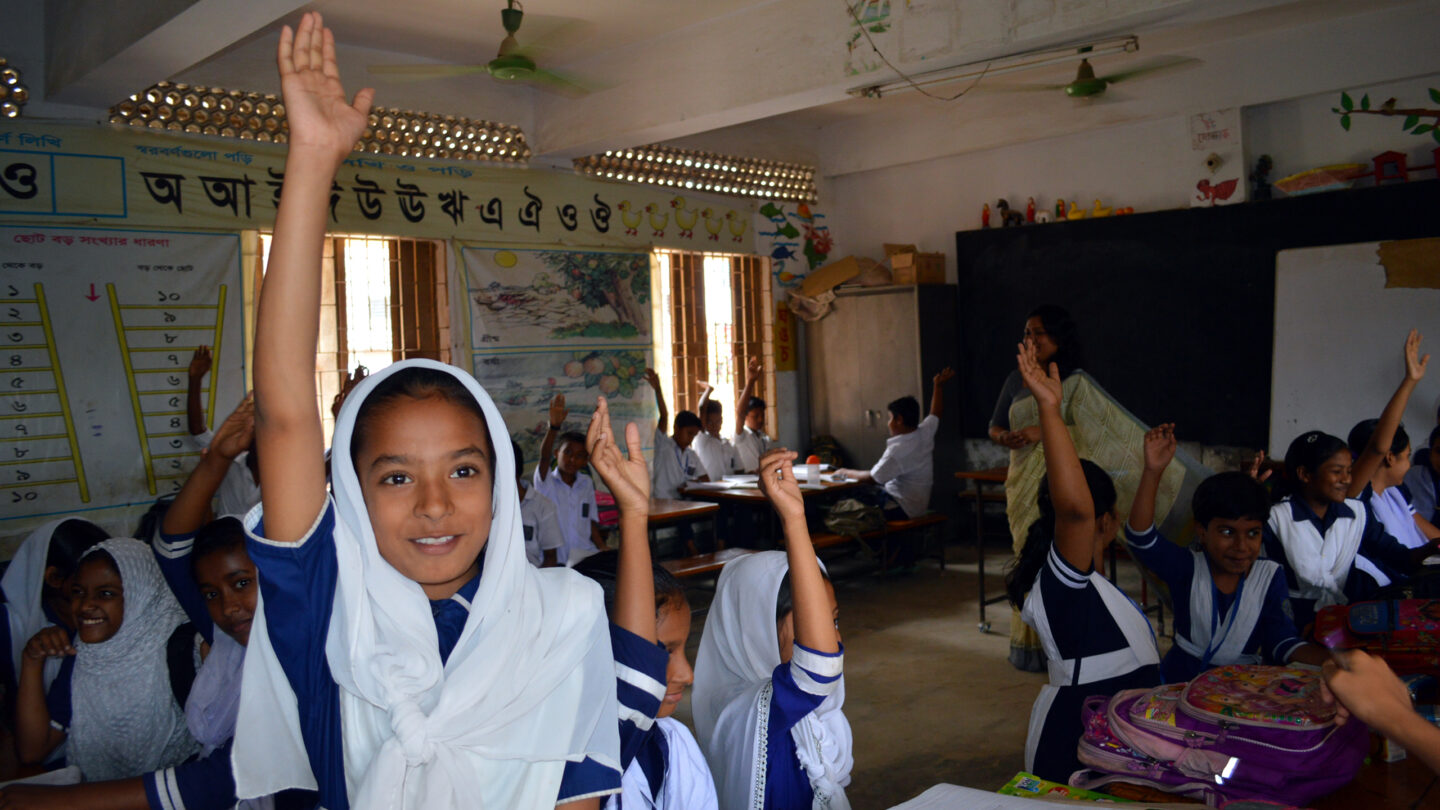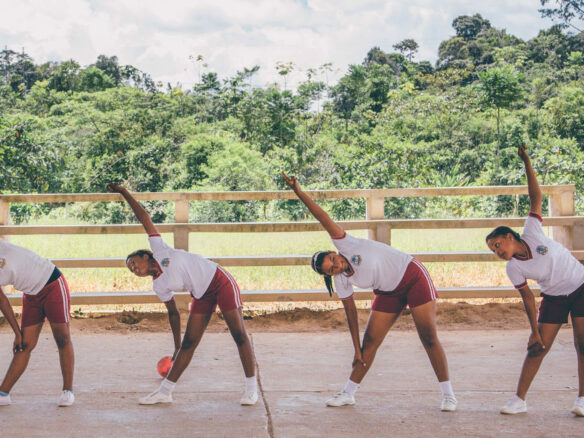Even though Bangladesh has made significant progress in the last 30 years in terms of economic growth and social transformation; the development needs remain large and pressing. Bangladesh is still one of the poorest countries in South Asia.
Over the past few decades urbanization has progressed at a very fast rate. Dhaka city’s population jumped from 0.5 million to 12 million between 1961 and 2001. Today Dhaka has close to 4 million people living in 4,000 slums, with very poor or no government services.
We are used to think of urban children as being better off than rural children in every way – better fed, better educated and with better chances of succeeding in life. For many children, this is true. But for growing numbers, the so called “urban advantage” is a myth. Multiple barriers keep preventing children from participating in education, which makes it difficult for them to reach their full potential.
Holistic approach to improve school attendance
Within this project UNICEF worked to strategically link education, child protection, behavior and social change interventions, based on a holistic approach. The project supported 127,000 children between 4-18 years of age who were not in school, or who were at risk of dropping out.
Additionally poor families gained improved access to a range of social protection services in order to reduce their vulnerability to abuse, violence and exploitation of children, youth and women. Communities surrounding the schools and learning centres also received information about the benefits of keeping children in school.


